Houthi leadership in crosshairs
The leader of the Yemeni organization boasts of its ability to fight Israel and the US. Now, with the collapse of Assad's regime and Hezbollah setbacks, Israeli attention turns to the leadership of this terrorist army.
The Houthis have recently become the spearhead of Iran's axis. Following the ceasefire agreement in Lebanon and the collapse of Assad's regime in Syria, Tehran is leveraging the Houthis to pressure Israel into ending the Gaza conflict unconditionally.
Over recent weeks, rockets have been launched at Israel, intercepted by the Air Force. A drone even struck a building in Yavne, a city in central Israel. Senior Houthi officials warned this week that Israel would "pay the price" for continuing its strikes in Gaza and Syria, promising an escalation in attacks.
A senior figure in southern Yemen noted that the loss of leadership within the Houthis could destabilize the group. However, he cautioned that without ground intervention and rebuilding state institutions, the terror organization would reorganize its ranks.
As Donald Trump prepared to assume office, the Middle Eastern spotlight shifted to the Yemeni terror organization. In southern Yemen, which opposes the Houthis, officials expressed hope that the incoming US administration would take decisive action against them.
A senior official from Yemen's Southern Transitional Council told Israel Hayom: "The whole world is waiting for the long-awaited change in the White House." The official also voiced hope that Israel would begin conducting significant strikes in Yemen and even support the southern Yemeni government.
Now, with the collapse of Assad's regime and Hezbollah setbacks, Israeli attention turns to the leadership of this terrorist army. From the Spokesperson to a Quds Force Envoy – meet the leadership of the Iranian proxy in Yemen.
The Leader of the "Houthi State"
At the top stands Abdul-Malik al-Houthi (45). Officially a "spiritual authority," he is, in practice, the ruler of the "Houthi State" in northern Yemen. He and his family have maintained ties with Iran for decades. The Yemeni government has previously accused him of establishing the Houthis' organized militia.
In 2004, following the assassination of his brother, Badr al-Din, by Yemeni authorities, Abdul-Malik assumed leadership. Over the next two decades, he led the terror group's expansion, which included youth training camps, arms smuggling, and the persecution of Yemen's Jewish community. In 2014, the Houthis seized Yemen's capital, sparking the country's ongoing civil war. A year later, the Saudi-led coalition began its offensive in Yemen.
Abdul-Malik also orchestrated the rocket launches toward Israel and attacks on ships in the Red Sea and Gulf of Aden, in coordination with Iran. "Sana'a is ready to fight the US and Israel or anyone harming Yemen to serve their interests," he said in a recent speech. "We have trained hundreds of thousands of our people in combat."
Referring to the recent conflict in Gaza, he stated: "Since the beginning of Israel's aggression in Gaza, we declared a clear stance and responded with rockets, drones, and naval operations." Regarding Syria, Abdul-Malik remarked that "Netanyahu said the fall of the Assad regime creates new and important opportunities for Israel, already realized in practice. The meaning of a new Middle East is that all our countries will be within reach of the Israelis and Americans."
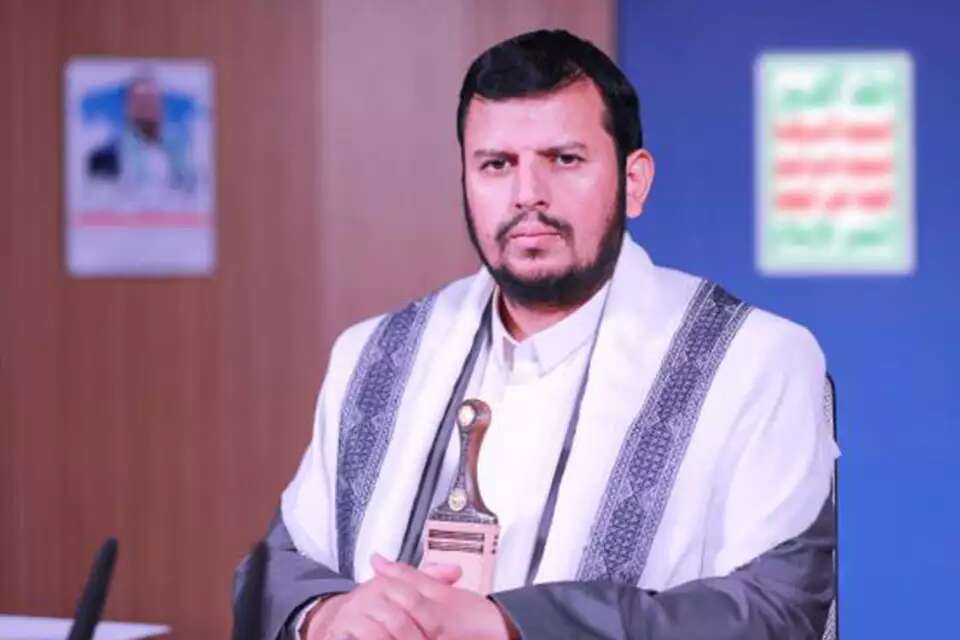
Head of the Supreme Council
Mahdi al-Mashat (38) is the Houthis' top political figure and de facto commander of their military arm. Appointed in 2018, his house was destroyed by the Saudi coalition three years earlier due to his military roles. Formerly the head of Abdel-Malek al-Houthi's office, he is considered one of the leader's closest associates.
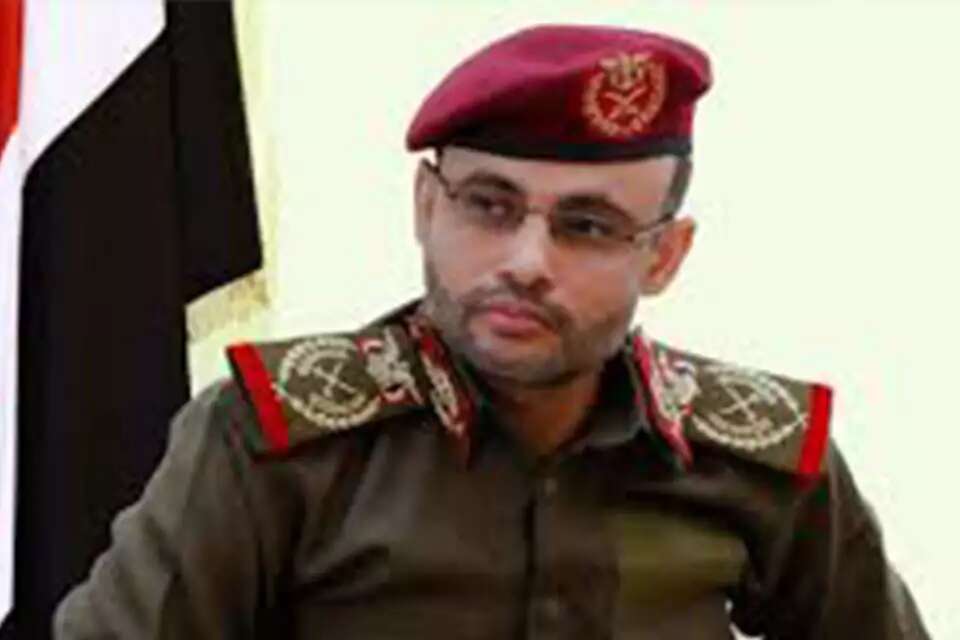
Mohammed al-Atifi (55), is the Houthis' so-called "Defense Minister." Previously responsible for the terror group's missile forces, including Scud and surface-to-surface missiles, he now holds a top position in the Houthi cabinet.
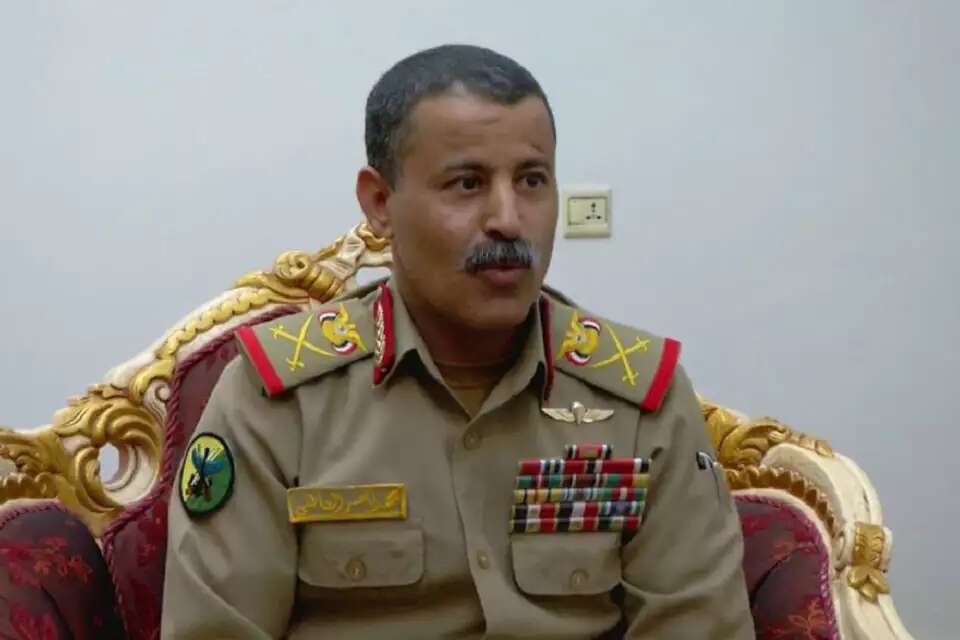
Head of the Naval Forces
An additional commander is Mohammed Fadel Abdul Nabi (72), who leads the Houthi naval forces. A year ago, he inspected the cargo ship Galaxy Leader, operated by a Japanese company and owned by a British firm. The ship was hijacked by Houthi naval forces with support from Iran.
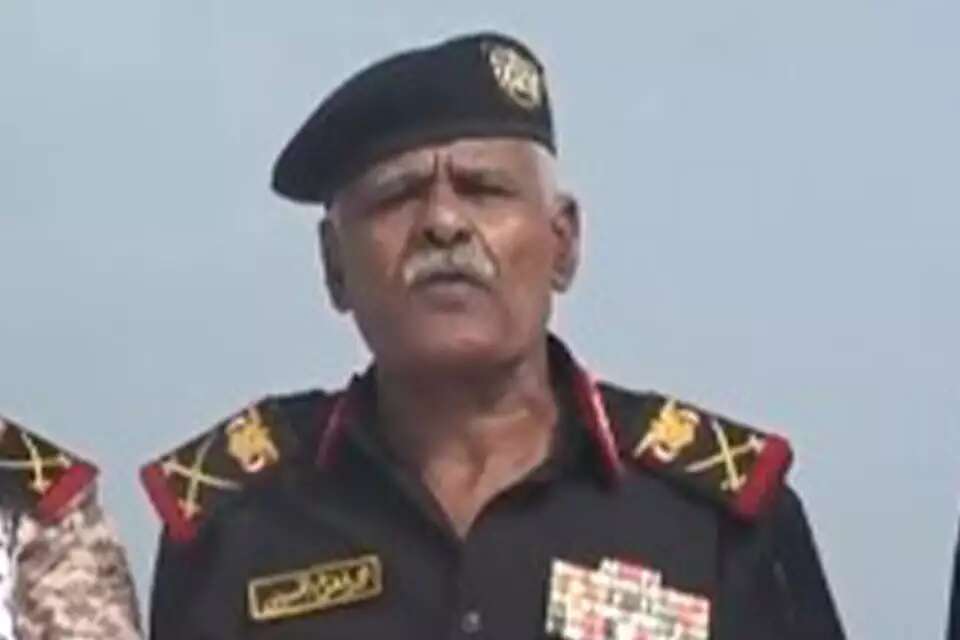
Commander of "Coastal Defense Forces"
Another key figure is Mohammed Ali al-Qadri (54), the commander of the "Coastal Defense Forces." Al-Qadri directly oversees attacks on commercial vessels in the Red Sea and the Gulf of Aden. These operations have included rocket launches, drone strikes, and the use of remotely controlled boats.
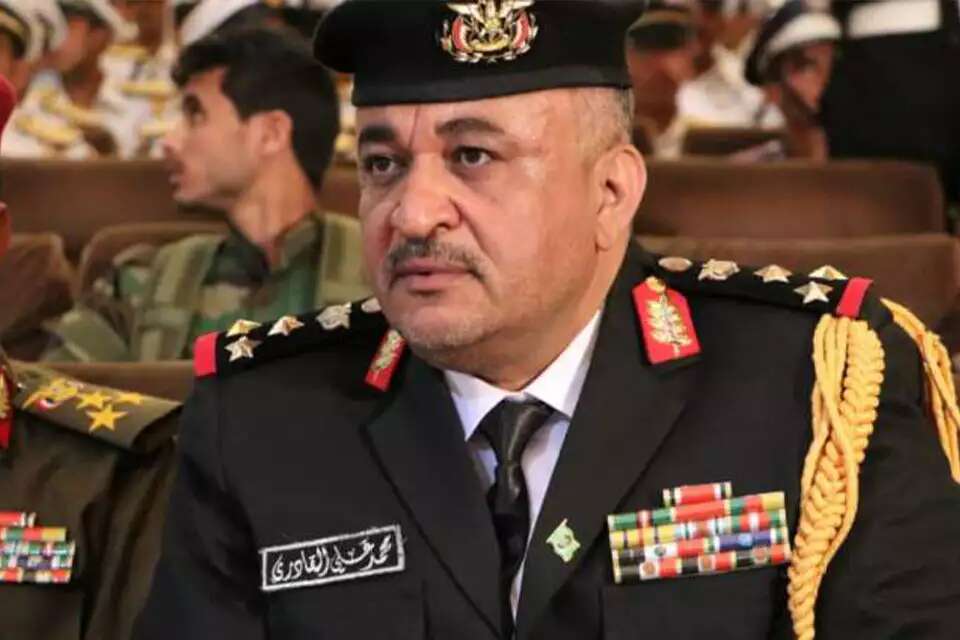
The Houthi "Director of Procurement" and the Spokesperson
Mohammed Ahmed al-Talbi (41), is designated as the "Director of Procurement" for the Yemeni terrorist organization. Al-Talbi oversees efforts to smuggle weapons, missiles, drones, and the components necessary for the production of advanced weaponry in Yemen. He coordinates arms shipments from Iran to the Houthis.
In Israel, the Houthis' military spokesperson, Yahya Saree (54), is better known. In 2017, Saree was appointed head of the Psychological Warfare Division. A year later, he was promoted to become the official spokesperson for the organization. However, he is not considered a particularly senior figure.
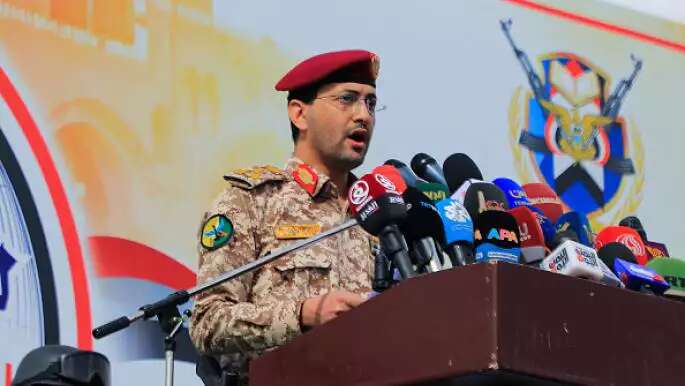
The Quds Force Operative
As with other Iranian-backed groups, a senior Quds Force operative oversees Houthi operations in Yemen. Abdul Reza Shahlai, known as Haj Yousef, represents Iran in Sana'a. The US has placed a $15 million bounty on him for information about his activities.
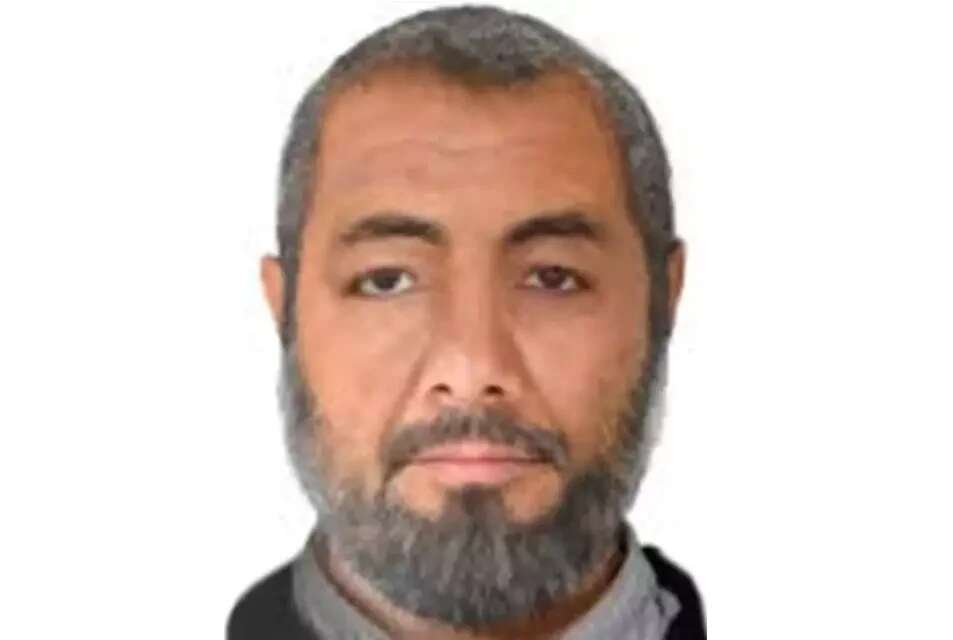
Haj Yousef is wanted for global terror plots, including attacks in the US and the deaths of American soldiers in Iraq. In January 2020, the US attempted to eliminate him in a drone strike in Sana'a, coinciding with the assassination of Quds Force commander Qassem Soleimani.






